As we all know, the MTU is 1500 and the MSS for TCP is 1460. So when the buf used in the recv function is large than 1460 bytes, the TCP will be splitted into many parts.
I write a simple echo prog, and want to use tcpdump to check the fragmentation. However, it does not show the fragmentation when the buf is small, but shows when the buf is about 20K.
Here is the code:
Server:
import socket
import sys
import os
addr = ('10.0.0.2',10086)
server = socket.socket(socket.AF_INET, socket.SOCK_STREAM)
server.bind(addr)
server.listen(5)
while True:
connfd, addr= server.accept()
print 'connection ip:', addr
data = connfd.recv(8192);
Client:
import socket
import os
import sys
addr = ('10.0.0.2', 10086)
client = socket.socket(socket.AF_INET, socket.SOCK_STREAM)
client.connect(addr)
data = '';
for num in range(0,8192):
data += '1'
client.sendall(bytes(data))
Here is the tcpdump cmd I used:
sudo tcpdump -i lo port 10086 -s 1514 -v
See from the code, the buf is 8192, the MSS is 1460. So, in my opinion, the packet will be splitted into 1460, 1460, 1460, 1460, 1460, 892. But in the screenshots it not.
Also, I am not sure if this is caused by the [DF] flags. The prog is used python, so the build-in sockopt [DF] is set default? Heaven knows.
